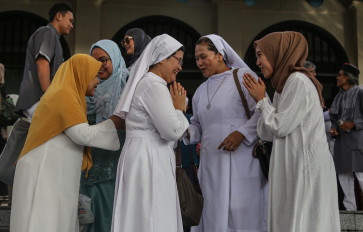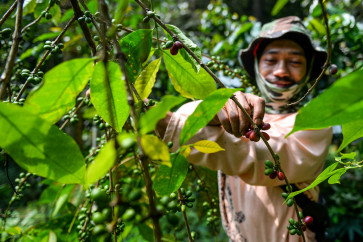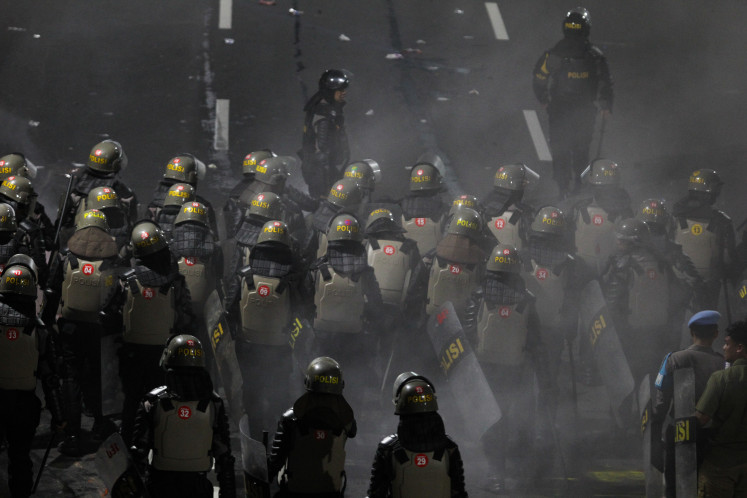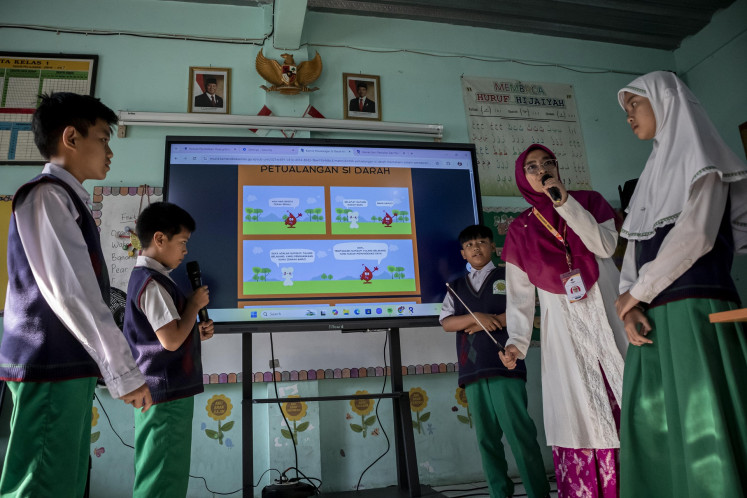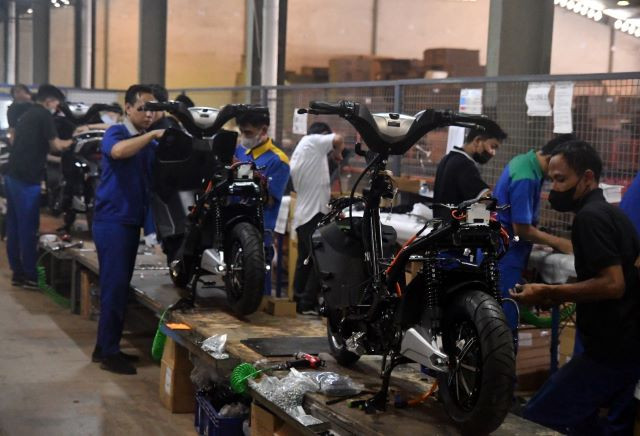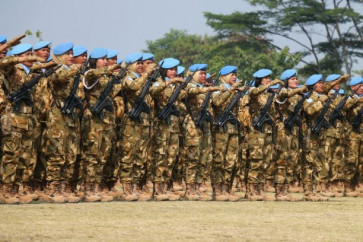Women peace and security agenda progress in ASEAN Summit
Women’s active contribution to the ASEAN political and security pillar as part of the defense forces, security actors and peacemakers is often left behind.
Change text size
Gift Premium Articles
to Anyone
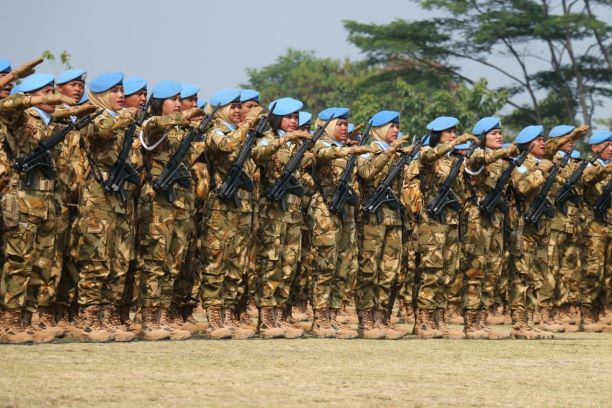 International duty: Indonesian women soldiers gear up for their United Nations peacekeeping mission in Congo and Lebanon on Aug. 31, 2018. (Kompas/Nina Susilo)
International duty: Indonesian women soldiers gear up for their United Nations peacekeeping mission in Congo and Lebanon on Aug. 31, 2018. (Kompas/Nina Susilo)
The Chairman’s Statement of the 42nd ASEAN Summit in Labuan Bajo recently noted good progress on the women, peace and security (WPS) agenda. It however left some questions, such as where is the locus of the progress, what should we expect from ASEAN next in this space and how can it coexist with other efforts to address the needs of the region?
The WPS agenda is a global effort to acknowledge women’s leadership and meaningful participation in creating and maintaining peace. It is implemented through the four pillars of participation, protection, prevention, as well as relief and recovery.
The WPS agenda is recognized universally for the first time by the adoption of United Nations Security Council Resolution (UNSCR) 1325 in 2000. It is implemented nationally and regionally by countries and regional organizations publishing their action plans. Within Southeast Asia, ASEAN issued its Joint Statement on WPS in 2017 and adopted its regional plan in 2022.
This year, the notable progress highlighted in the Chairman’s Statement is the ASEAN Defense Ministers’ Meeting (ADMM) and ADMM Plus have stated their commitment to advancing the WPS agenda in the male-dominated defense space. This follows last year’s Joint Declaration by the ADMM-Plus Defense Minister on Defense Cooperation to Strengthen Solidarity for a Harmonized Security that commits to strengthening women’s meaningful participation in peace and security cooperation.
This is important due to its novelty. As previously, to the extent of ASEAN’s experience, the issue of women is initially placed under social and community pillars. Whilst the discussion of women in ASEAN gradually brought into the economic pillar in the 1990s with the push for economic development, entrepreneurship and demand for protection of migrant workers, women then were more relegated as victims rather than empowered agents, as seen in the 2004 ASEAN Declaration Against Trafficking in Persons Especially Women and Children. Hence, women’s active contribution to the ASEAN political and security pillar as part of the defense forces, security actors and peacemakers is often left behind.
We can expect that going forward, more support for women’s leadership and their meaningful participation will be reflected in the practical defense cooperation between ASEAN member states and the organization’s dialogue partners of Australia, China, India, Japan, New Zealand, Republic of Korea, Russia and the United States. Areas of work include the seven Experts’ Working Group (EWG) of humanitarian assistance and disaster relief, peacekeeping operations, maritime security, counterterrorism, military medicine, humanitarian mine action and cybersecurity.
Different ASEAN partners may provide encouragement in their specific areas. For example, Japan, in line with its NAP and as a cochair of peacekeeping EWG until 2024, supports the increase of women’s participation in peacekeeping operations both in quantity and quality. Meanwhile, countries like Australia and the Republic of Korea further the study on WPS in cybersecurity. For capacity building, Canada in collaboration with the ASEAN Institute for Peace and Reconciliation (ASEAN-IPR) prepared modules and training programs tailored specifically for government officials, military personnel and police forces on WPS.



